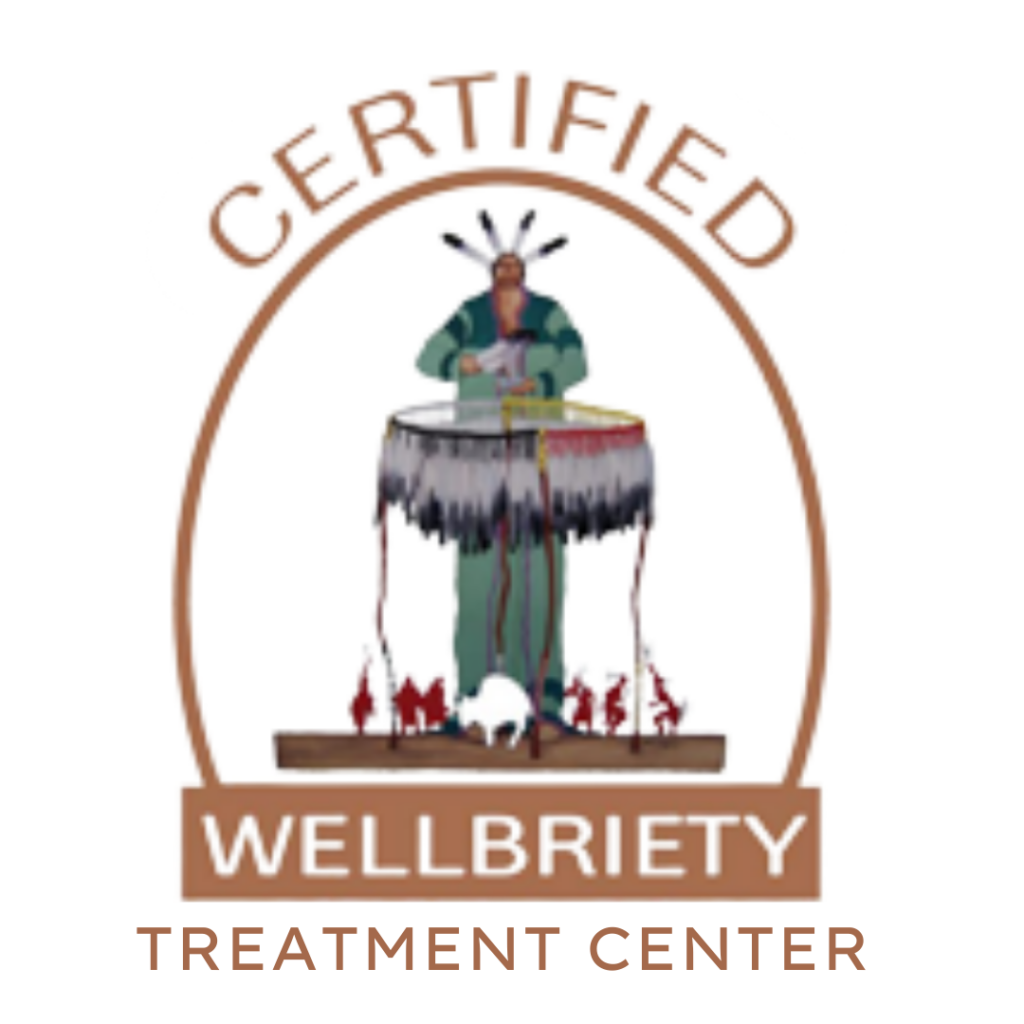Relapse is extremely common among those with a substance use disorder, so if you have relapsed, you are not alone. Forty- to sixty-percent of people with a substance use disorder who go through treatment relapse at least once, according to the National Institute on Drug Abuse (NIH). Despite this figure, these disorders are highly treatable, and it is possible to live a life free of drugs and/or alcohol.
Often, emotional and mental relapse are the precursors to a physical relapse. Isolation, denial, poor eating/sleeping habits, and not going to meetings can be considered warning signs of emotional relapse, while cravings, thinking about old habits/people, and lying fall under mental relapse. If emotional and/or mental relapse warning signs are recognized early enough, a physical relapse may be avoided. If a physical relapse does take place, however, there are several things that someone with a substance use disorder can and should do.
So, what should you do if you’ve relapsed?
Immediately following a physical relapse you should:
Not give up.
You may be tempted to scratch all the progress you’ve made because you relapsed but resist that urge. Reassure yourself that you are capable of standing back up and moving forward. It is often said that a relapse is a relapse, but relapse is not a failure— it’s a setback. Sobriety is still attainable. Remind yourself of these four words as often as needed.
Seek help.
Reach out for help as soon as you are able. The sooner you make contact with a trusted, sober support, the better. Contingent on the circumstances of the relapse, detox or residential treatment may be needed for optimal recovery results, and this person may be able to help you with that. An environment where those with a substance use disorder can safely and effectively withdraw from drugs or alcohol is essential to early recovery and will prove instrumental in long-term sobriety.
Following detox or treatment, you should:
Remind yourself of reality.
You relapsed, and you can’t go back and change what happened. Instead, you can remind yourself again that relapse isn’t failure and focus on the possibilities that your future holds.
Be open to understanding why you relapsed.
If you are seeing a therapist, you will probably work together to uncover why you relapsed. It’s important that you are honest with yourself about what may have triggered the relapse so that you’re able to move on, better manage triggers, and prevent the same thing from happening.
Create a new relapse prevention plan.
Your therapist can help you to create a relapse prevention plan or make adjustments to your existing plan. Our therapists work closely with guests to develop individualized care plans designed with the guest’s unique needs at the center. Typically, a relapse prevention plan identifies common, past, and potential triggers that could influence the actions of someone with a substance use disorder and how to address these stressors before they can become problematic.
Develop healthy habits.
And/or strengthen existing ones. Don’t fall back into old habits and behaviors or back in with the wrong people. Build a support network, find new hobbies, get a job, and do what you can to feel a part of normal life again.
Relapse is not an end to your sobriety efforts; rather, it’s a pause on progress. Remind yourself that substance use disorder is a highly treatable disease and that sobriety is still attainable.
If you or a loved one have relapsed and need help, please contact us today. Our premier facility is the safest and most comfortable, and our staff are trained to make your detox or residential treatment experience an effective one with lasting results. You can also speak with our admissions staff, which is available 24/7 at (877)-RECOVERY.
- Is Kombucha Okay to Drink in Recovery? - May 29, 2019
- Addiction Treatment: Common Co-Occurring Disorders - May 16, 2019
- 10 Tips for Meditation in a Drug Rehabilitation Center - May 8, 2019
























